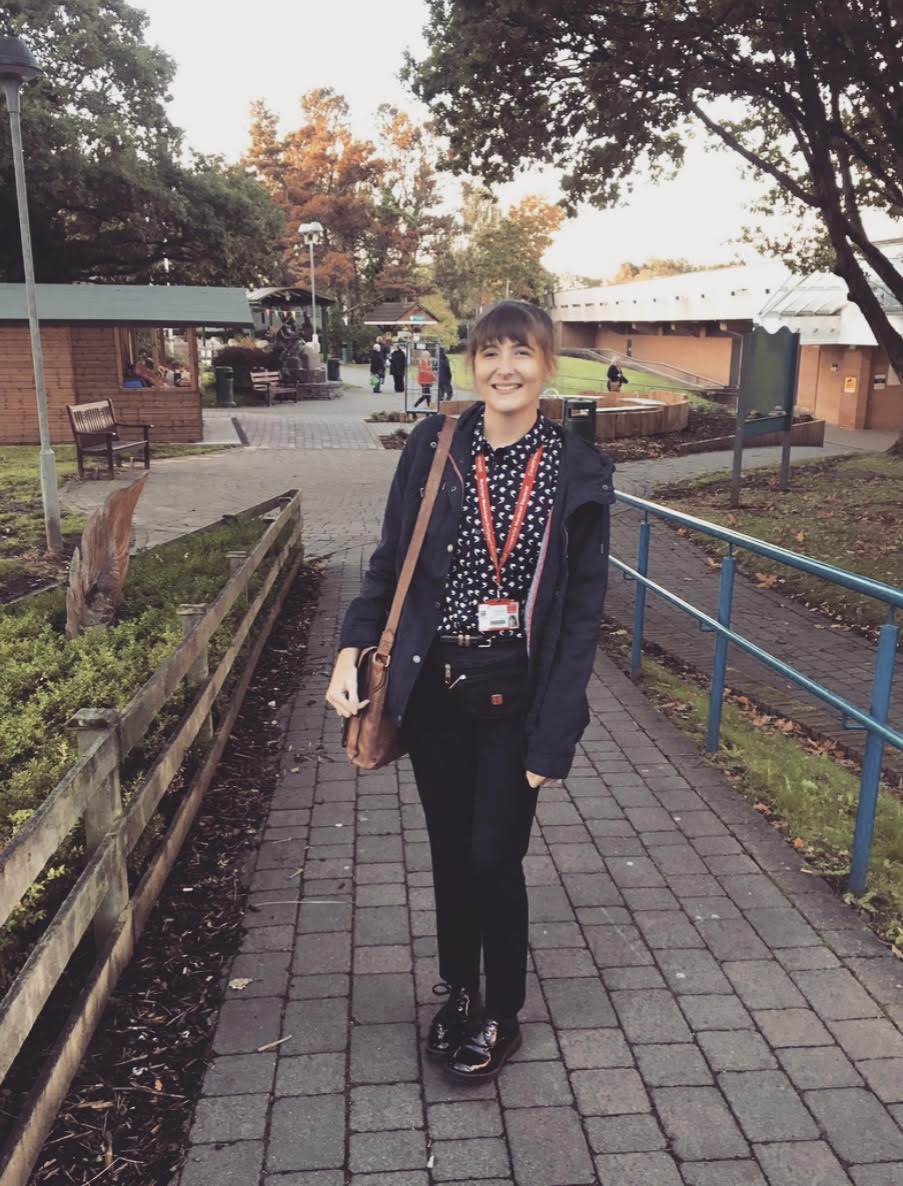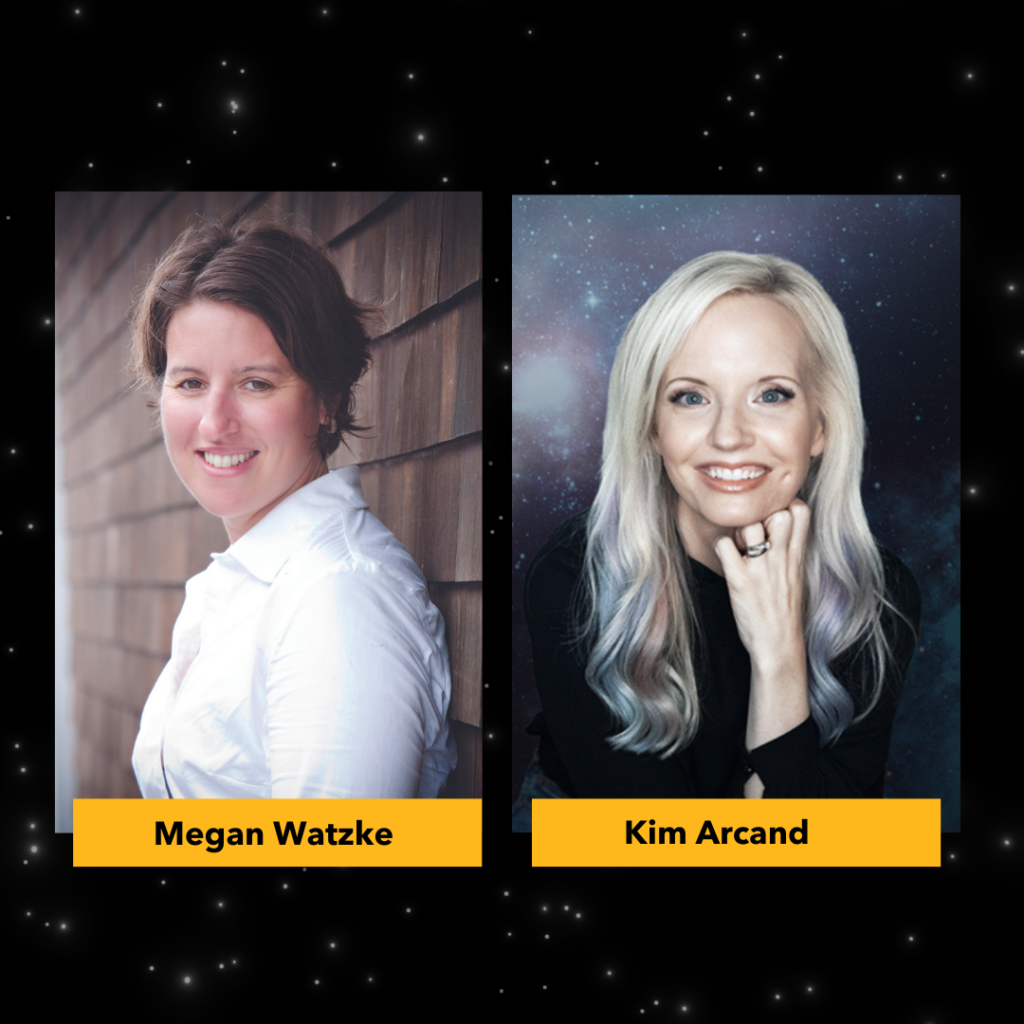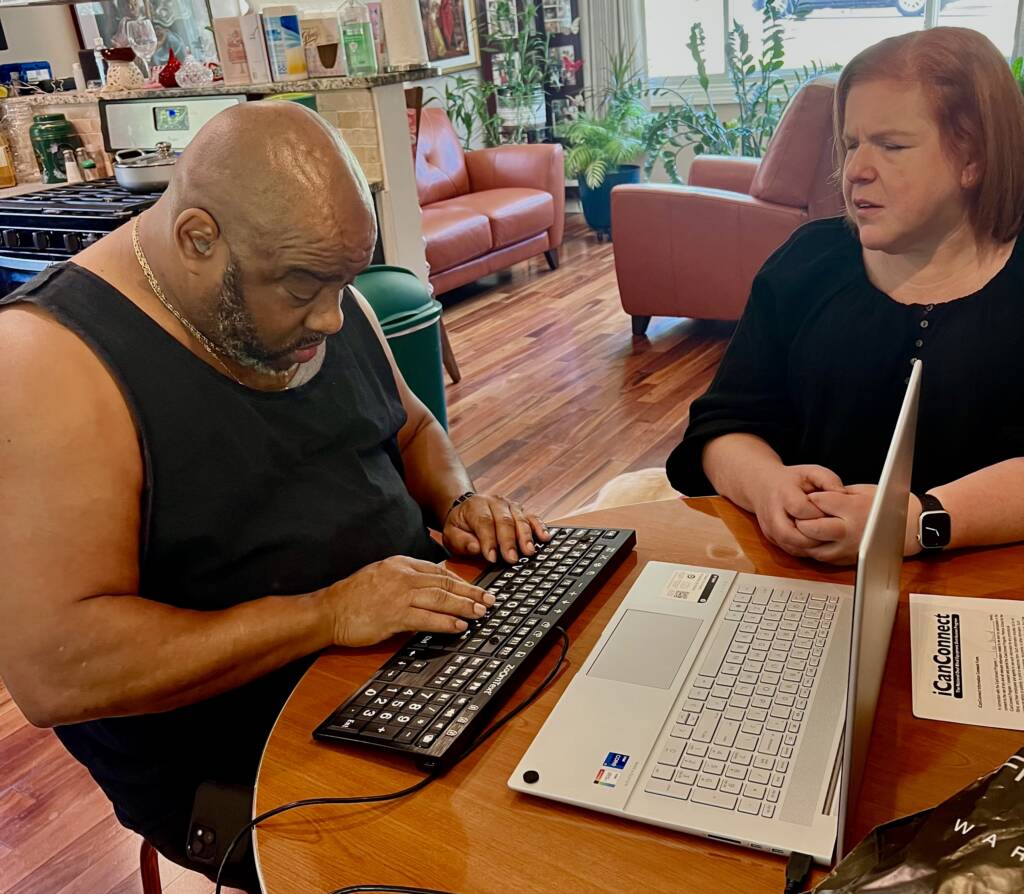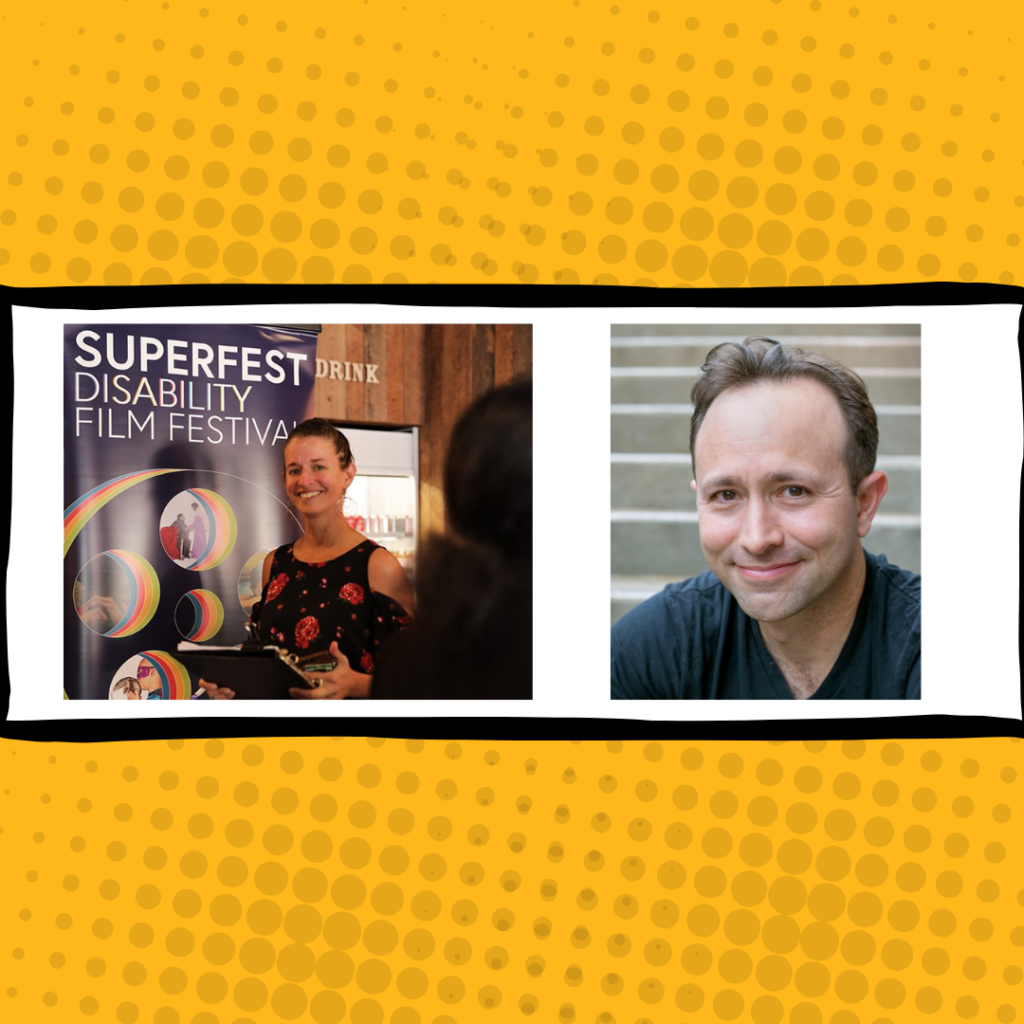It has always been the case where, if someone told me I couldn’t do something, I would go out of my way to prove that I, in fact, could.
Despite going to a residential school geared toward supporting students with visual impairments, nearly all the teachers discouraged me from following my dreams of studying medicine at university, saying that it simply wasn’t possible for visually impaired people like myself to do.
So when I dismissed this advice, and finally got accepted into medical school following my interview, I was elated.
I had gone with my true instincts, my own and nobody else’s, and I had achieved them.
Since birth, I have been deafblind. I have less than 5% vision in my left eye and none in my right, and in dim lighting or nighttime environments, I have no vision at all. I wear hearing aids in both ears, which, without, leaves me entirely deaf to the outside world.
In addition to this, I have recently been diagnosed with a mitochondrial myopathy, which affects multiple body systems, thus leaving me with debilitating muscle, gastrointestinal and respiratory disease.
But, I don’t see any of the above being a valid reason for me to just drop everything and stop enjoying life.
I have traveled the world solo (and write about these experiences traveling alone as a deafblind person). I keep forever a new list of different hobbies and interests topped up, and, before my most recent diagnosis, I competed at international level, as a swimmer on the GB Disability Swimming Team, with sponsorship for the London 2012 Paralympics, and more recently, the GB Parasnowsport Team as an alpine skier.
Between receiving my offer and getting my results required for medical school, I visited the university four times, ensuring that all the support was in place and that the medical school was ready for my arrival.
I was reassured that everything was in place and that they were looking forward to having me begin in September. Only, just a week before moving into university, I was called up one night, the medical school announcing to me, out of nowhere, that they had changed their mind – they no longer wanted me, because I was visually impaired.
Just like that, my dreams of studying medicine were dashed. My parents pleaded that this was perhaps the turning point where I should just accept what has happened and that I should reverse, turn back, and re-route down another career pathway. But what had just happened was wrong, and I wasn’t having any of it.
A year later and I was accepted into another medical school – this time for a genuine start as a genuine medical student. I am now in my third year of medical school and just about halfway to becoming a doctor.
The discrimination I receive daily is often demoralizing, frustrating and upsetting, but I am otherwise enjoying medicine and very much enjoy interacting with different patients every day, new and old.
Medicine and illness is a fascinating thing. I am forever inspired and curious of how the clinical impact of disease upon the human body and the psychosocial responses of people entwine. And, my wealth of personal experience as a patient – spending years at a time bedbound in hospital – only treasures me with more empathy that I’m continuously able to offer patients in the hope of helping them feel more reassured and comforted throughout their patient journey.
In the summer of 2017, I took a spontaneous trip over to the USA in search of practicing doctors who were blind and deaf. It was safe to say that I was well and truly inspired, with the trip being the most valuable lesson I have had to date.
I met so many wonderful physicians who were treating patients daily, those with no vision whatsoever, navigating the hospital corridors confidently with their cane and interpreting X-rays and CT scans in the same way as any other fully-sighted doctor would.
The deaf doctor who communicated with me via (rather fragmented) lip-reading, with me being both deaf and poorly-sighted, was just utterly wonderful. He was so knowledgeable, experienced and reassuring that kindness is the truest language of medicine, regardless of how much you can see or hear.
Only a few months ago, I was sat down by a doctor who didn’t know me, other than that I was deafblind. The first thing they said to me was: “Imagine you are a patient. Would you want a blind doctor treating you? Absolutely not!” I was then sent home. That doctor had made a judgment. An assumption. And yet, what they had failed to understand, failed to see, was that I may not have as much eye sight as most other doctors, but I certainly have much more insight than many.
Despite many telling me that I would never achieve my dream of studying and practicing medicine, I have come very far down the line already.
If I had simply taken the ignorant advice of others, I would never have known where I could’ve been today.
An old principal of mine once told me, in response to my young self announcing I desired to be a doctor, that “It is far better to try even if you then fail, than fail to try and then never know.”
This, by far, is the biggest and best piece of advice I can give anyone wanting to achieve their individual dreams, regardless of what disability you have. If you have the vision, in metaphorical terms, you can achieve anything you really want, if you just put your mind’s eye to it.
This picture that accompanies this post is me on my first day back to clinical placement as a third year medical student in September. Only weeks before this photo was taken I had been – drastic as it may sound – fighting for my life, intubated on intensive care for three weeks, with respiratory failure, sepsis and pneumonia.
I think it’s safe to say that nobody thought I would be back at medical school, so soon, if not, at all. It’s amazing how we as humans can surprise many of those around us, but more so, surprise ourselves out of all.
You may find that you can surprise yourself in many ways if you don’t let others prevent you from seeing through with your goals and dreams.
You can follow Alexandra’s journey as a deafblind medical student on her blog, Setting Sights, and on Twitter.



